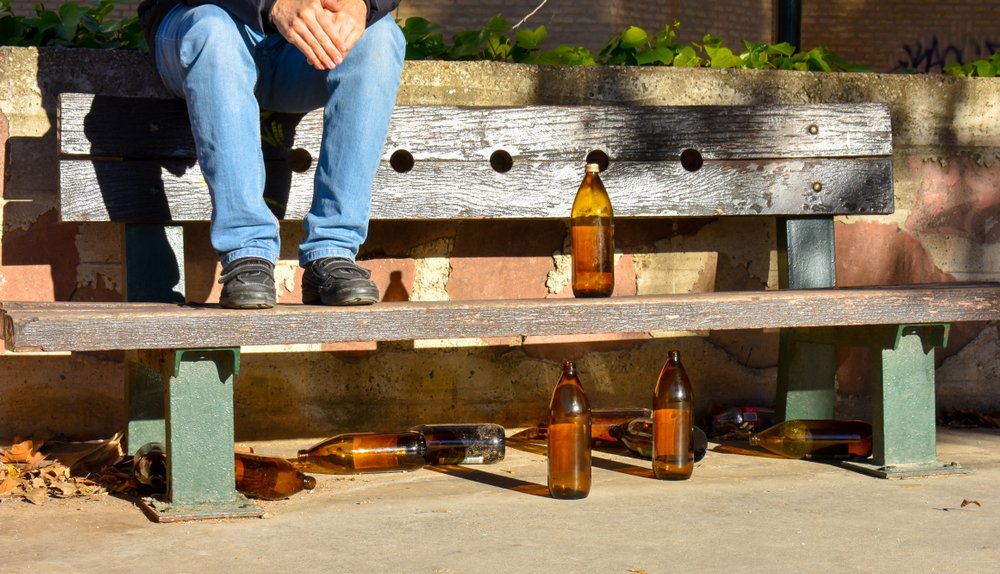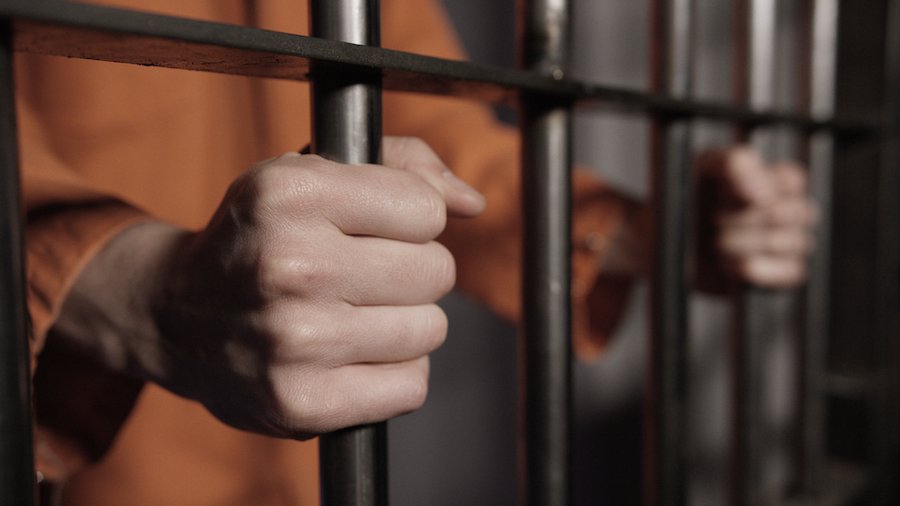Arizona does not have a specific law that prohibits or criminalizes public intoxication. However, intoxicated people can commit a crime while in public if they engage in some type of illegal behavior, like DUI (per ARS 28-1381), disorderly conduct (per ARS 13-2904), and public consumption of alcoholic beverages (per ARS 4-244(20)). Violations of these laws are often misdemeanor offenses punishable by up to six months in jail time.
Examples
- operating a car while driving under the influence of alcohol or drugs.
- using abusive or offensive language while intoxicated in public.
- making unreasonable noise while intoxicated in public.
Defenses
Criminal defense lawyers draw upon several legal strategies to help defendants contest charges related to public drunkenness. Some of these include showing that:
- a police officer stopped or arrested an accused without probable cause,
- the defendant did not commit an act amounting to disorderly conduct, and/or
- there is no public intoxication law in Arizona.
Penalties
Most crimes that a person commits while publicly intoxicated are misdemeanor offenses (as opposed to felony offenses). In particular, most of these crimes are usually charged as a:
A Class 1 misdemeanor is the most severe charge and is punishable by a jail term of up to six months.
A Class 3 misdemeanor is the least severe charge and is punishable by a jail term of up to one month.
In this article, our Phoenix Arizona criminal defense attorneys will discuss what the law is regarding public intoxication, defenses available if charged with an alcohol-related crime, the penalties for a conviction of these crimes, and related offenses.

Arizona does not have a specific law that prohibits or criminalizes public intoxication. However, intoxicated people can commit a crime while in public if they engage in some type of illegal behavior.
1. How does Arizona law define “public intoxication”?
Under Arizona State law, an “intoxicated person” means a person whose mental or physical functioning is substantially impaired as a result of the immediate effects of alcohol in his/her system.i
Public intoxication, then, is when an intoxicated person is found in a public place or on public property (as opposed to private property).
The State of Arizona has no law that specifically punishes public intoxication.iiIn fact, the law prohibits a county, municipality, or other political subdivision from passing or enforcing any local laws, resolution, or rule that punishes a person for being:
- a common drunkard, or
- found in an intoxicated condition.iii
Rather than impose a penalty for public drunkenness, state law encourages the treatment of intoxicated persons. Per ARS 36-2026:
“A publicly intoxicated person may be brought by a peace officer or any other person to an approved local alcoholism reception center for emergency evaluation and treatment.”iv
This is true provided that:
- the intoxicated person has threatened, attempted, or inflicted physical harm on his/herself or others, or
- the person is incapacitated by alcohol.v
Even in light of the above, however, a publicly intoxicated person can face criminal charges if he/she commits some illegal act while drunk.
For example, drunk people can commit a crime by:
- engaging in drunk driving,
- engaging in disorderly conduct (also referred to as “disturbing the peace”), and/or
- drinking while in public.
As to the latter, note that ARS 4-244(20) makes it a crime for a person to consume spirituous liquor in a public place, thoroughfare, or gathering.vi
2. Are there defenses to crimes involving public intoxication?
If a person commits a crime while drunk in public, he/she has the right to challenge it with a legal defense/disclaimer. Three common defenses to charges involving alcohol use are:
- law enforcement stopped or arrested the defendant without probable cause.
- the accused did not commit an act constituting disorderly conduct.
- Arizona has no law prohibiting public intoxication.
2.1 No probable cause
This is often a defense raised in DUI cases. It is unlawful for law enforcement to stop or arrest a person without probable cause that they committed some illegal act, be it something that is worthy of a traffic ticket or a felony offense. A defense, then, is for defendants to show that the police stopped them without probable cause.
2.2 No act of disorderly conduct
Many people who are drunk in public commit a crime under Arizona’s disorderly conduct statute (ARS 13-2904). But this statute sets forth very specific acts that violate the law (for example, engaging in fighting, making loud noise, or using offensive language). Therefore, accused people can challenge disorderly conduct charges by showing that they did not commit a prohibited act listed under ARS 13-2904.
2.3 No law prohibiting public drunkenness
In many situations, prosecutors will have nothing else to blame a defendant with other than the fact that he/she was drunk in public. However, as noted above, this on its own is not a crime in Arizona. In these cases, then, defendants can contest a charge by showing that Arizona has no specific law prohibiting public intoxication.

A violation of certain laws associated with public intoxication can result in jail time.
3. What are the penalties for crimes involving public drunkenness?
People that commit some illegal act while drunk are usually charged with some type of misdemeanor offense.
These offenses can be classified as either a:
- Class 1 misdemeanor, punishable by up to six months in jail (as opposed to state prison),
- Class 2 misdemeanor, punishable by up to four months in jail, or
- Class 3 misdemeanor, punishable by up to one month in jail.
Note that a judge can award a defendant with misdemeanor probation in lieu of jail time.
4. Are there crimes related to public intoxication?
There are three offenses that are related to an act of a person being drunk in public. These are:
- disorderly conduct – ARS 13-2904,
- trespass – ARS 13-1504, and/or
- minor in possession – ARS 4-244(9).
4.1 Disorderly conduct – ARS 13-2904
Under ARS 13-2904, disorderly conduct is an offense where people:
- knowingly engage in a certain type of disruptive behavior (like making loud noise or using offensive language), and
- do so with the intent to disturb the peace or the quiet of a neighborhood, family, or a person.
A person can violate this statute even without being intoxicated. The crime is a Class 1 misdemeanor under Arizona law.
4.2 Trespass – ARS 13-1504
Per ARS 13-1504, 1st-degree trespassing is the crime where people either:
- knowingly enter someone else’s property without permission, or
- unlawfully remain on certain pieces of real property without permission.
If people commit this offense while drunk, they cannot raise a defense that they committed the crime because they drank voluntarily.
Trespass under this statute is often a Class 1 misdemeanor.
4.3 Minor in possession – ARS 4-244(9)
Per ARS 4-244(9), minor in possession is the crime where a person under 21 years of age is found in possession of alcohol. The statute also prohibits the underage buying, receiving, and consumption of alcohol.
A violation of this law is a Class 1 misdemeanor.
Note that, unlike an adult, a minor technically can be charged for being drunk in public, per this statute, if authorities have probable cause to believe that the intoxication is due to alcohol consumption.
For additional help…

Contact us for help
For additional guidance or to discuss your case with a criminal defense lawyer, we invite you to contact our law firm at the Shouse Law Group. Our attorneys provide both free consultations and legal advice you can trust.
Legal References:
- A.R.S. 36-2021(11).
- See, for example, Arizona v. Coles (Arizona Court of Appeals), No. 1 CA-CR 13-0250 (2014).
- ARS 36-2031A.
- ARS 36-2026A.
- ARS 36-2026A1-2. Note that under Arizona law, “incapacitated by alcohol” means that a person as a result of the use of alcohol is unconscious or has his judgment otherwise so impaired that he is incapable of realizing and making a rational decision with respect to his need for evaluation and treatment, is unable to take care of his basic personal needs or safety such as food, clothing, shelter or medical care or lacks sufficient understanding or capacity to make or communicate rational decisions concerning himself. ARS 36-2021(10).
- ARS 4-244(20).
